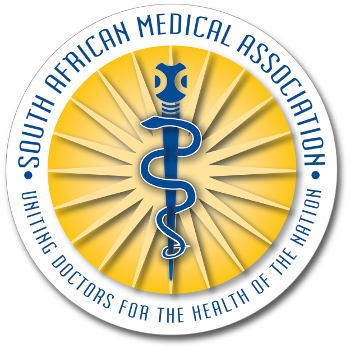The National Department of Health has published new circulars on their website dated 26 January 2015. These are of great importance to South African healthcare practitioners.
Circular No 05 of 2014: Inclusion of ICD-10 Codes on Prescriptions
The ICD-10 Ministerial Task Team has received enquiries and complaints from pharmacists with regards to the implementation of ICD-10 Phases 3 and 4.1. Their main concern is that medical schemes reject accounts in cases where the relevant ICD-10 code is not included on the account. The pharmacists report that legally they may not add their own ICD-10 codes to these accounts. As a result, they need to contact the prescribing practitioner to obtain the relevant information.
They experience immense delays and difficulties in obtaining said information before submitting their accounts. Most of the time they end up using default ICD-10 codes which are clinically not meaningful. The ICD-10 Ministerial Task Team requests that all prescribing healthcare providers add the clinically correct ICD-10 codes to their prescriptions.
Circular No 06 of 2014: Validation of Secondary ICD-10 Codes
All healthcare stakeholders are reminded that full ICD-10 coding validation applies to the primary and secondary ICD-10 codes as well.
This means that all secondary codes will be checked for:
- Validity of the code according to the start and end dates as indicated on the ICD-10 Master Industry Table (MIT).
- Maximum level of specificity.
- Correct sequencing.
Circular No 03 of 2014: Generic Dictionary - The ICD-10 Dictionary
The ICD-10 Master Industry Table (MIT) is used as the national standard for ICD-10 coding in South Africa and has been updated in accordance with the corrigenda published by the World Health Organisation.
The MIT was published on the National Department of Health's website on 1 January 2014.
The ICD-10 Dictionary published by the Generic Dictionary is not up to date and contains codes that are no longer valid or relevant. Utilisation of these codes could result in rejections.
The ICD-10 Ministerial Task Team informs all healthcare practitioners, medical schemes, administrators and managed care companies that this list should not be used for coding of clinical conditions or as a PMB identifier. For example, code A09 - the code description has been changed and a 4th digit (A09.0; A09.9) was added to provide more clinical information on the specific condition, therefore A09 is no longer a valid code.
The ICD-10 Master Industry Table (MIT) is available on: www.health.gov.za: ICD-10 MIT 2014 EXCEL 01 JAN 2014
Circular No 04 of 2014: Errata ICD-10 Master Industry Table (MIT) 1 January 2014: Code Z09.0; Reporting of Errata
The current description of ICD-10 code Z09.0 on the ICD-10 Master Industry Table (MIT) is incorrect.
The words “malignant neoplasms” should not be part of the full WHO description.
Reporting of errata on the ICD-10 Master Industry Table
There could be other corrections that need to be carried out to the current ICD-10 MIT that has been published on the website of the National Department of Health and implemented on 1 July 2014.
The ICD-10 Task Team will make such corrections in the next published version of the MIT. The ICD-10 Task Team requests medical schemes, administrators and managed healthcare companies:
- not to reject claims when a code is correct but the description is not;
- to report identified errors to the ICD-10 email address: icd10@health.gov.za.
Please refer to the National Department of Health's website for more information on these new and other circulars as well as additional information about ICD-10 http://www.health.gov.za/icddoc.php
Medical Coding Unit
SAMA Private Practice Department
Tel: 012 481 2073
Email: coding@samedical.org
